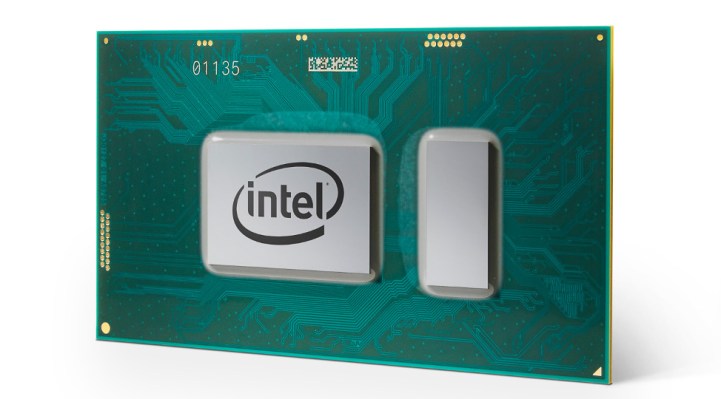Intel might be sticking to the familiar Kaby Lake architecture for the eight generation of its Core chips, but the its internal testing looks pretty promising as far as performance goes. The company says the chips are capable of a 40-percent increase over their predecessors — and even more notable for those finally ready to upgrade an old system: about double the performance of a five year old device.
That’s a pretty impressive boost in a single generation — and even more significant than the already notable 30-percent boost the company promised when it teased the refresh during Computex in May. The performance boost comes as laptop makers are expected to increasingly push the envelope with their systems.
4K is already pretty prevalent on machines, and with companies like Apple and Microsoft pushing VR and MR/AR, respectively, things have amped up significantly in recent years. That’s a lot to ask while still expecting a system to be slim enough to port around in a backpack. The new i5 and i7 chips are designed to accommodate those needs, while maintaining laptop battery life expectations, at around 10 hours of 4K video playback according to the aforementioned in-house video testing.
Intel will shed more light on the chips during a Facebook Live presentation in at 11AM ET today, though it likely won’t have an opportunity to run through it all. When the chips start hitting the market mid-next month here will be around 145 different designs to start with, and the company will be further muddying up the waters with different, non-Kaby Lake architectures.
Intel is clearly looking to maintain its foothold in the laptop market with a pretty wide net here. Mobile has mostly been a wash for Intel, thanks to the rise of companies like Qualcomm. And while the company invests much of its R&D into forward looking technologies like drones, self-driving cars and automation, it needs to assert itself on its home turf.
A big part of that is certainly future-proofing systems for whatever the media world might throw their way, and as such, the Facebook event will involve demoing the chips on a virtual reality experience that offers peek at today’s extremely rare total solar eclipse. Because wearing a pair of silly goggles is a lot safer than staring directly at the sun.
